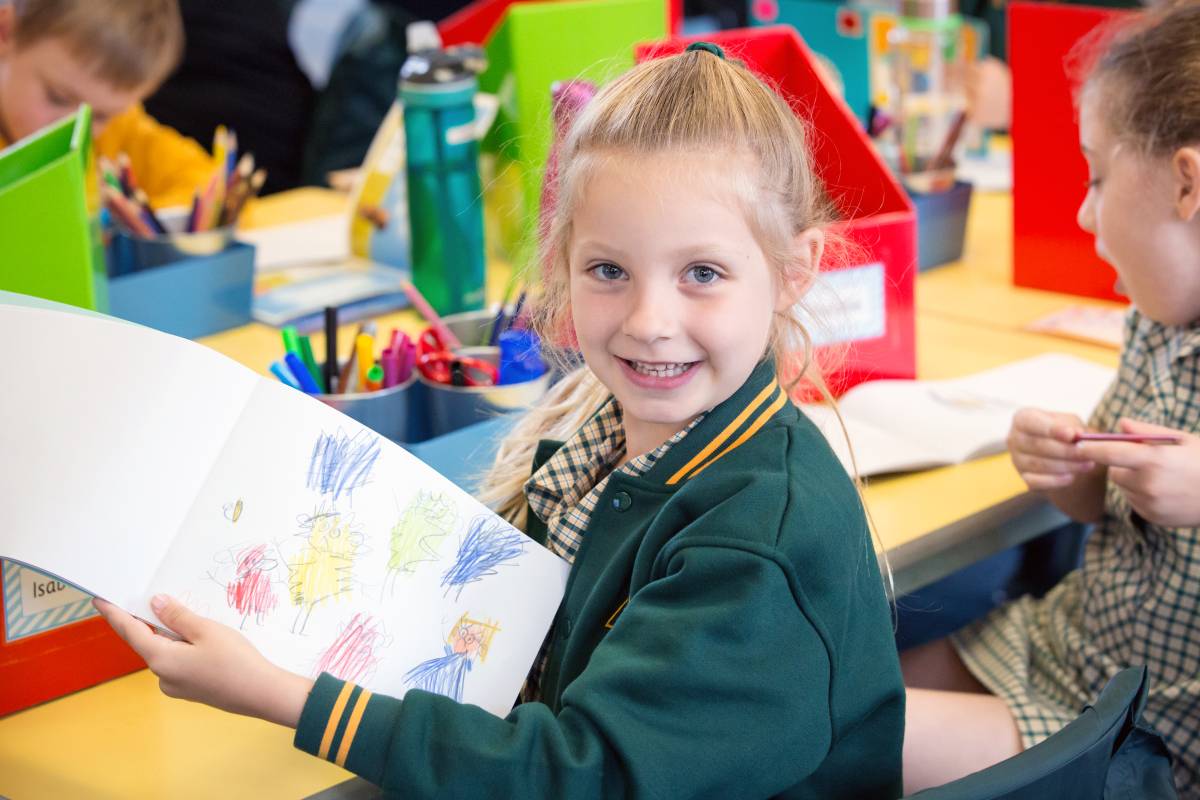Starting School
Children who reach the age of five years, on or before April 30, may commence school in February of that year, however it is advisable to discuss with the Kindergarten teacher the ‘readiness’ of your child to begin school, especially if your child’s birthday falls near April 30.
As the time draws closer for your child to start school, talk positively to them about school. Promote school as a chance to meet new friends, to learn and have new experiences. Visiting the school on weekends and during the summer break prior to starting school can provide a sense of familiarity of the school grounds.
There are a number of things that you can do at home to help ready your child for school life:
- Talk to your child. You are your child’s most significant role model. The more words they know and understand, the easier it is for them to learn to read and write.
- Listen to your child and take a genuine interest in what they have to say. Listen to whether your child is using the correct word pronunciation.
- Read regularly to your child and talk about what you are reading. Get them to tell you the story.
- Develop a sense of confidence in your child by praising any new achievement. Your child will be more willing to attempt new tasks when they are presented.
- Develop a sense of responsibility in your child by encouraging them to keep their room tidy, put soiled clothing in the laundry, etc.
- At school, one activity has to be tidied up before another can begin – carrying out basic responsibilities at home helps them accept responsibilities at school.
- Independence is developed by allowing the child to tackle something by themselves. Parents who do everything for their child are really doing a disservice to them. Children who do not need direction occupying themselves can attempt a greater range of activities, and will consequently learn more.
- Give your child challenging and interesting things to do. Puzzles, games, sorting activities will make all school work so much easier. Recognising shapes of jigsaws will one day help them recognise the shapes of numbers and words. Give your child blunt-nosed scissors, paper, plasticine, paints, crayons etc. and show your child how to use them.
- Teach your child to respect other children and their property.
- Encourage your child to throw and catch balls, run, jump, climb etc. to develop muscle strength and co-ordination.

